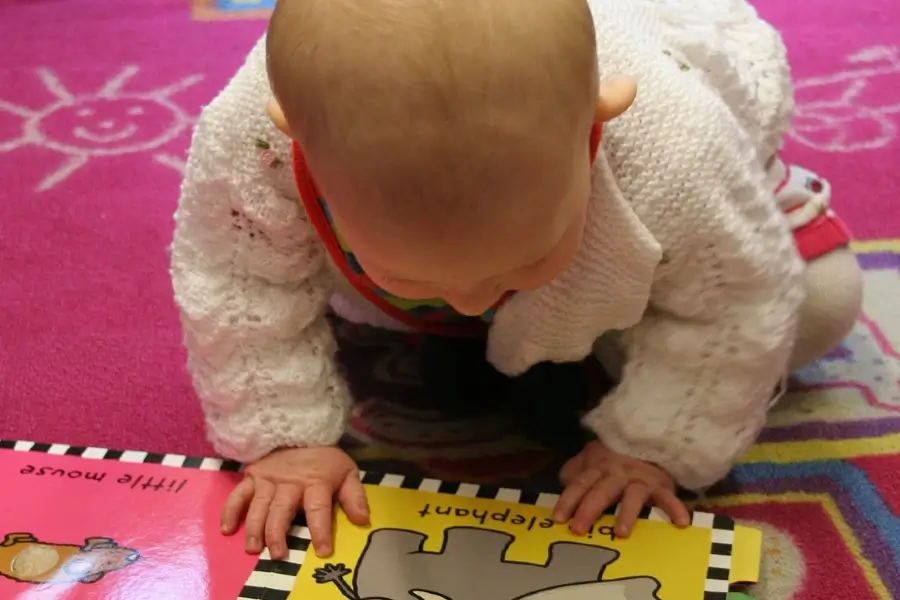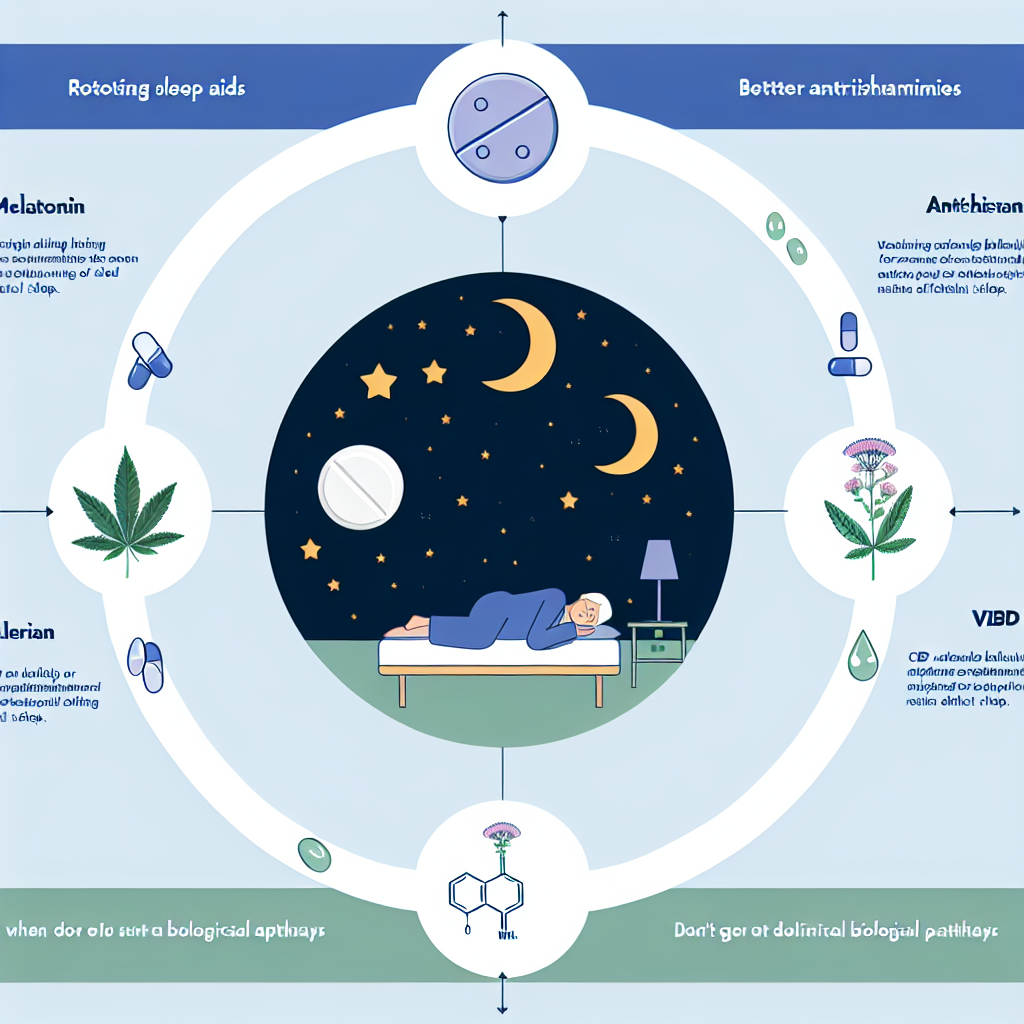The Best Sleep Patterns for Infants: A Flexible Approach
Because every infant is different, there is no universally applicable sleep schedule for infants. On the other hand, some general suggestions might assist you in establishing a healthier sleep regimen for your infant.
0- to 3-months newborns
Newborns typically only sleep briefly, and they frequently wake up to the need to eat.
The need to eat frequently causes people to wake up during the night.
Approximately sixteen to seventeen hours of sleep every day.
3- to 6-months
Sleep consolidation occurs when infants begin to sleep for extended periods at night.
In general, three to four naps are taken during the day.
A total of approximately 14 to 15 hours of sleep per day.
6– to 12-months
Sleeping through the night or feeding only once during the nighttime hours is possible.
Naps during the day: most people take two naps each day.
There are approximately 12 to 14 hours of sleep per day.
Remember that these are just some broad recommendations, and individual differences are perfectly natural.
Keeping your baby active throughout the day will help burn off whatever excess energy they already have.
Developing an Environment That Is Favorable to Sleep:
A crib with a firm mattress and a fitted sheet is a safe place for a child to sleep.
Ensure the room is dark and quiet for a good night’s fix.
Consistent routine: Create a routine for going to bed to indicate it is time to sleep.
Stimulation throughout the day: If you want your infant to have a better night’s sleep, one way to do it is to ensure that they are getting sufficient stimulation during the day. Keeping your baby active throughout the day will help them develop their motor skills and burn off whatever excess energy they already have.
Various activities, such as tummy time, playtime with toys, and sensory play, are all options for engaging your infant in play. The stimulation of your baby’s senses and the exhaustion they experience before naptime or bedtime can be accomplished by taking them for a stroll outside or allowing them to experiment with various sounds and textures.
In addition, engaging in activities such as singing, talking, and reading with your infant can be beneficial for developing their cognitive abilities and establishing a calming routine before going to sleep.
If you provide your infant with a sufficient amount of stimulation during the day, you may assist them in developing healthy sleep patterns and ensure that they are well-rested to achieve optimal growth and development.
Talk with your pediatrician for individualized guidance. They can offer direction based on your infant’s particular requirements and progress.

Dominic E. is a passionate filmmaker navigating the exciting intersection of art and science. By day, he delves into the complexities of the human body as a full-time medical writer, meticulously translating intricate medical concepts into accessible and engaging narratives. By night, he explores the boundless realm of cinematic storytelling, crafting narratives that evoke emotion and challenge perspectives.
Film Student and Full-time Medical Writer for ContentVendor.com




